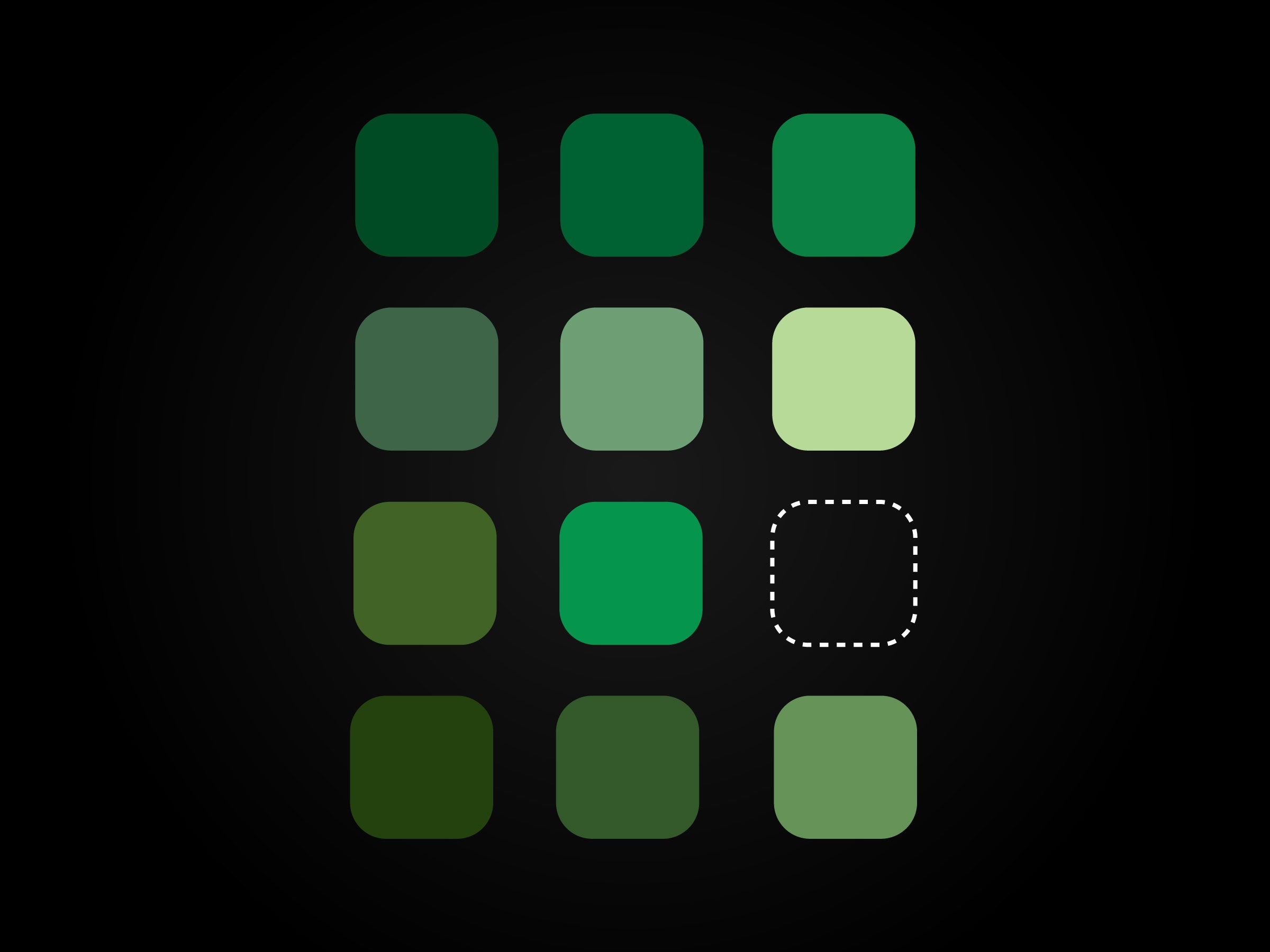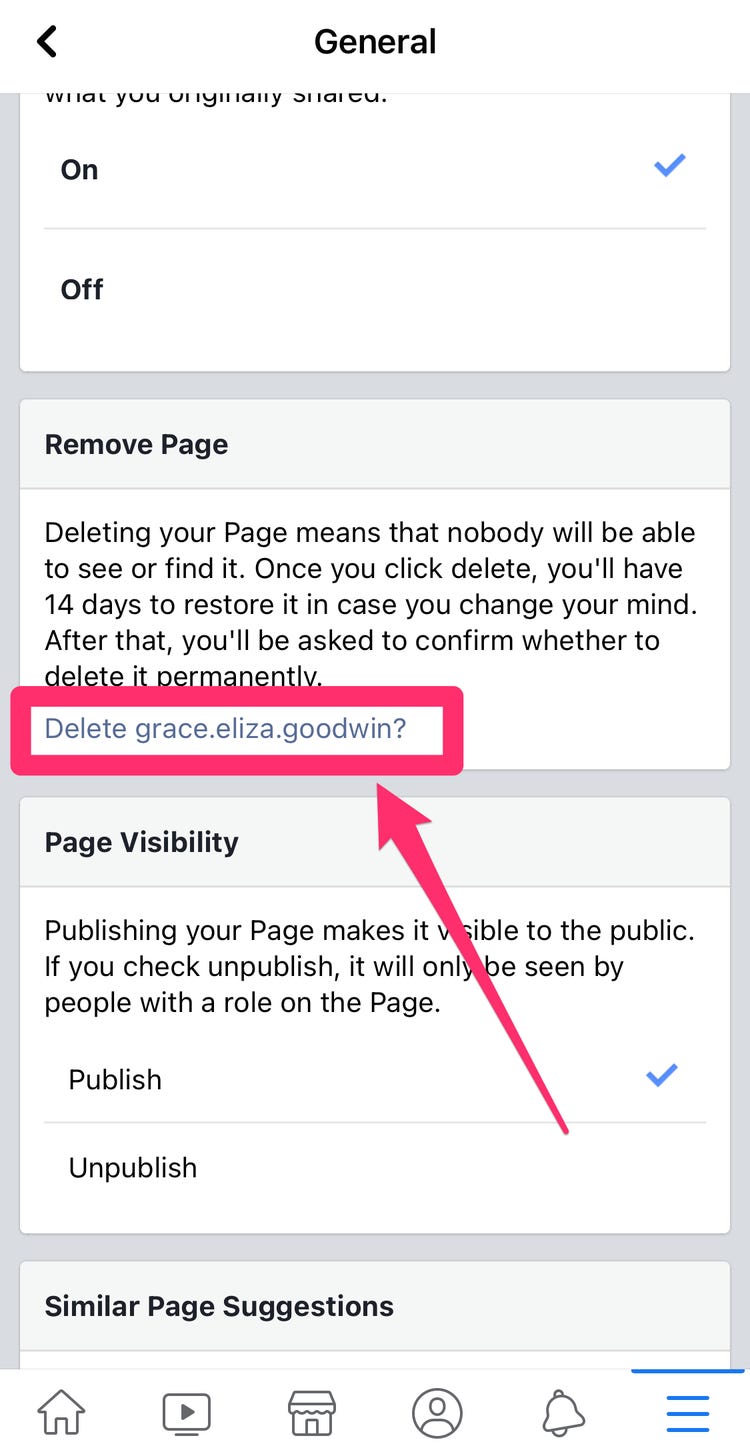Are you thinking of deleting your Facebook page? Perhaps you’re not getting the engagement you were hoping for, or you’re looking to distance yourself from the social media giant. Whatever your reason, before you hit that delete button, consider these alternatives.
Deleting a Facebook page may seem like the only option, but there are other ways to achieve your desired outcome. In this blog post, we’ll explore some alternatives to deleting your Facebook page. But first, let’s talk about the importance of perplexity and burstiness when it comes to writing content. These two factors can make a significant impact on how your writing is perceived and understood by your audience. So, let’s dive in and learn more about how to write content that truly engages your readers.. You may need to know : Effortlessly Delete a Facebook Page: Step-by-Step Guide
Table of Contents
Deactivating vs Deleting
When it comes to Facebook, there are times when you may want to take a break from the platform. Perhaps you want to focus on other things, or maybe you need to step away from the digital world for a while. In such cases, there are two options available to you: deactivating or deleting your Facebook page.
Deactivating your account means that your profile will be hidden from other users. You won’t be able to access your account, and your friends won’t be able to see your posts or messages. However, your data will still be stored on Facebook’s servers, and you can reactivate your account at any time.
Deleting your account, on the other hand, means that all your data will be permanently removed from Facebook’s servers. This includes your profile information, posts, messages, and photos. You won’t be able to reactivate your account or retrieve any of your data once it’s been deleted.
So which option is best for you? It depends on your goals and preferences. If you’re just taking a break from Facebook and plan to return later, deactivating your account is the way to go. However, if you’re done with Facebook for good and want to remove all traces of your presence on the platform, deleting your account is the better choice.
Ultimately, the decision is yours to make. Just remember to consider the pros and cons of each option before taking the plunge. With Facebook’s ever-evolving policies, it’s important to stay informed and make informed decisions.
Adjusting Privacy Settings
As social media continues to dominate our daily lives, it’s not uncommon to feel overwhelmed by the amount of information that is being shared. Whether it’s personal photos, updates, or comments, our online presence can be difficult to manage. If you’re considering deleting your Facebook page, you might want to consider adjusting your privacy settings first. This can allow you to control who sees your content and who doesn’t. By navigating to your settings, you can customize your privacy options to suit your preferences. From blocking certain users to limiting who can see your posts, adjusting your privacy settings can give you the peace of mind you need to keep your Facebook page intact.
Using Facebook for Business
As a tech expert and blogger, I understand the importance of using Facebook for business. The platform provides a plethora of options for businesses to engage with their customers and drive sales. However, deleting a Facebook page may seem like the only option when facing issues such as negative reviews or lack of engagement. But before you hit that delete button, consider the alternatives.
One option is to analyze the root cause of the issue and take necessary steps to address it. This may involve improving your social media strategy or addressing customer complaints in a timely manner. Another alternative is to take a break and re-evaluate your approach. Perhaps a fresh perspective or a new marketing strategy can breathe new life into your Facebook page.
It is important to remember that Facebook is a powerful tool for businesses, and with the right approach, it can drive significant growth. So before deleting your page, consider the alternatives and take proactive steps to improve your online presence. With a little perseverance and creativity, your Facebook page can become a valuable asset for your business.
Creating a New Page
Creating a new Facebook page is an excellent alternative to deleting an existing one. The process is simple and straightforward. First, navigate to the “Create” tab on your Facebook account, then select “Page.” Here, you will be prompted to choose the type of page you want to create, whether it’s a business, community, or personal page. Select the appropriate category and fill in the necessary details, such as the page name, description, and profile picture. Once you have completed these steps, you can start posting content and building your page’s audience. A new page offers a fresh start and the opportunity to engage with a new community, so embrace the burstiness and get creative with your content.
Limiting Time on Facebook
As we all know, Facebook can be a significant time sink. Scrolling through our news feeds, reading articles, and watching videos can easily turn into hours of lost productivity. However, deleting our Facebook page altogether may not be the best option, especially if we use it for business or to keep in touch with friends and family. Instead, we can limit our time on the platform by setting strict boundaries.
One way to do this is by scheduling specific times of day to check Facebook and sticking to that schedule. Another option is to use a time-tracking app to monitor our usage and set daily limits. Additionally, we can unfollow pages and people that do not add value to our lives, reducing the amount of time we spend scrolling aimlessly.
It’s also essential to be mindful of our habits and triggers. For example, we may find ourselves mindlessly reaching for our phone during moments of boredom or stress. By recognizing these patterns, we can develop healthier coping mechanisms and reduce our reliance on social media.
In conclusion, limiting our time on Facebook can help us regain control over our productivity and mental health. By setting boundaries, being mindful of our habits, and unfollowing unnecessary pages, we can still enjoy the benefits of social media without sacrificing our valuable time.
Frequently Asked Questions
What are some alternatives to deleting a Facebook page?
As social media evolves, users may find themselves wanting to distance themselves from Facebook. While deleting a Facebook page is an option, it is not the only one. There are several alternatives to consider.
One option is to deactivate the account. When deactivating, the account becomes invisible to others. However, the data is not deleted and the account can be reactivated at any time.
Another option is to create a “limited profile.” This allows users to keep their account active but restricts what others can see. Users can choose what information they want to share, such as personal information and photos, and who they want to share it with.
A third option is to use a browser extension that blocks Facebook from tracking activity. This alternative allows users to continue to use the site, but without Facebook collecting data.
Lastly, users can simply limit their time on Facebook. By setting boundaries and limiting usage, users can still stay connected while maintaining their privacy.
In conclusion, deleting a Facebook page is not the only option available. Users can choose to deactivate, create a limited profile, use a browser extension, or limit their usage. By considering these alternatives, users can take control of their online presence.
Can I deactivate my Facebook page instead of permanently deleting it?
If you’re considering deleting your Facebook page, you might want to pause and consider deactivating it instead. Deactivation is a temporary solution that allows you to take a break from Facebook without losing your data and connections. It’s a viable option for those who want to step back from social media for a while, but don’t want to lose everything they’ve built on the platform.
When you deactivate your page, your profile, timeline, and photos will disappear from Facebook. However, your data will still be stored on Facebook’s servers, and your friends will still be able to tag you in posts and photos. You can reactivate your account at any time by logging back in with your email and password.
Deactivating your Facebook page is a simple process. Go to the settings menu, select “General,” and click “Manage Account.” From there, choose “Deactivate Your Account” and follow the prompts.
In conclusion, deactivating your Facebook page is a great alternative to permanently deleting it. It allows you to take a step back from social media without losing everything you’ve built on the platform. So, if you’re considering deleting your page, give deactivation a try first.
Are there any steps I should take before considering deleting my Facebook page, and what are some alternative solutions?
Before you consider deleting your Facebook page, it is important to take a few steps to ensure that you have exhausted all possible options. First and foremost, evaluate your reasons for wanting to delete your page. Are you concerned about privacy or security? Are you tired of the constant notifications and updates? Do you want to distance yourself from social media altogether? Once you have identified your reasons, you can explore alternative solutions that may alleviate your concerns without resorting to deleting your page.
One alternative solution is to adjust your privacy settings. Facebook allows you to customize who can see your posts, photos, and personal information. You can also restrict who can send you friend requests or messages. By taking advantage of these settings, you can feel more secure and in control of your online presence.
Another option is to take a break from Facebook without deleting your page. You can deactivate your account temporarily, which will hide your profile and activity from other users. This can be a good way to step back from social media for a while and reevaluate your relationship with it.
Finally, consider using other social media platforms that may better suit your needs. Twitter, Instagram, and LinkedIn are just a few examples of alternative options that offer different features and user experiences.
In conclusion, deleting your Facebook page should be a last resort. By taking the time to evaluate your reasons and explore alternative solutions, you can make an informed decision that aligns with your personal preferences and values.
Conclusion
Thanks for visits imagerocket.net for staying with us till the end of this blog. We hope that the information and alternatives we have shared have been helpful to you in making an informed decision about your Facebook page.
In summary, deleting a Facebook page may seem like the easiest solution to problems that arise on the platform, but it is not always the best one. Before making such a drastic decision, it is important to explore all the alternatives available to you.
We have discussed several alternatives that you can try, including unpublishing your page, restricting access, merging pages, and outsourcing your social media management. Each of these options has its benefits and drawbacks, and you should consider them carefully before making a decision.
Ultimately, the key to success on Facebook is to stay engaged with your audience and to keep creating content that resonates with them. By adopting a proactive approach to managing your page and by exploring all the alternatives available to you, you can build a strong and loyal following on the platform.
In conclusion, we urge you to think carefully before deleting your Facebook page. By exploring all the alternatives available to you, you may be able to find a solution that allows you to continue to engage with your audience and to grow your online presence. Thank you for reading, and we wish you all the best in your social media endeavors!



